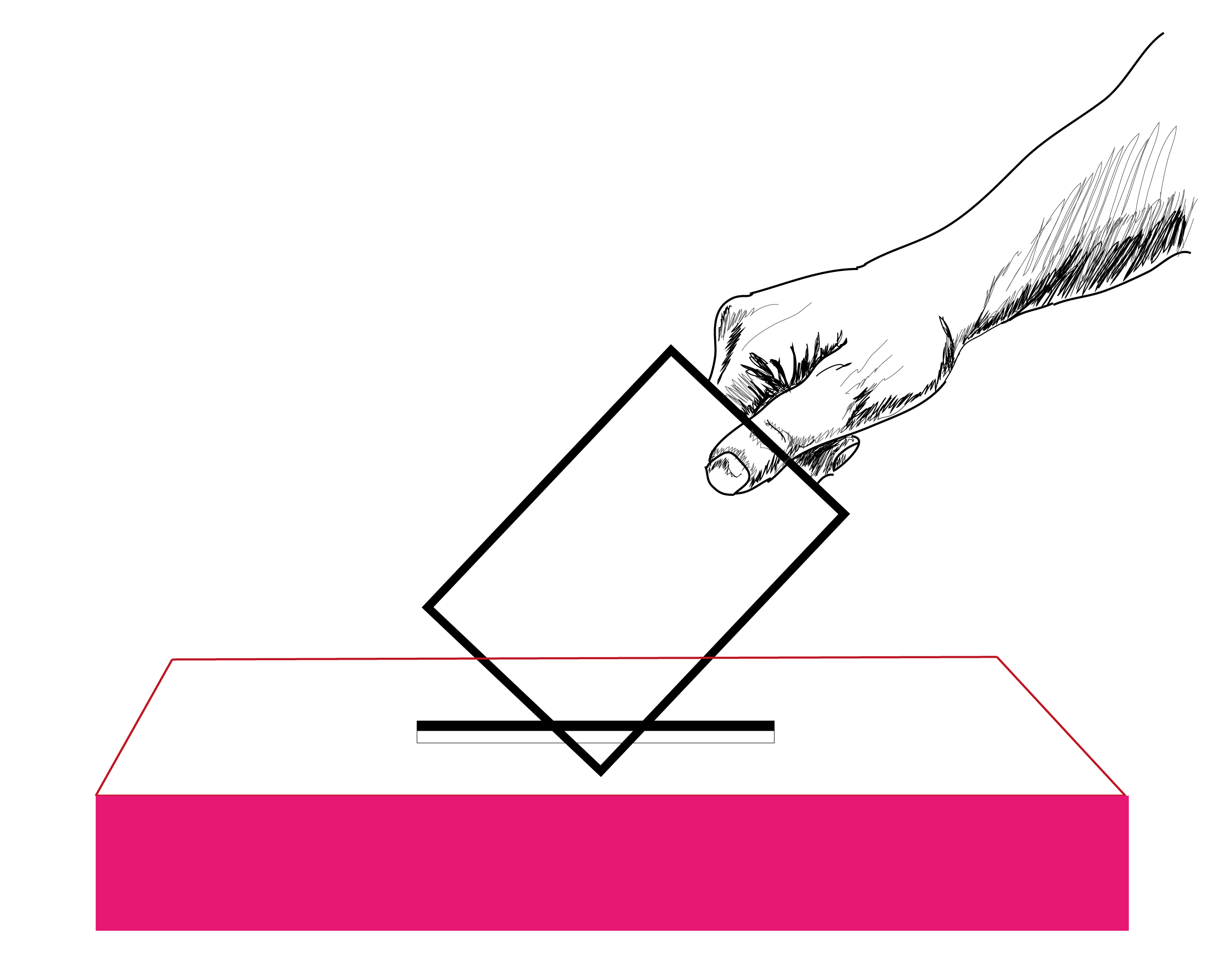Some considerations for the cynical and the disinterested student voters among us
Two weeks ago, I was absolutely certain I wouldn’t be voting in this federal election. I was meeting the expectations set out for our generation, who seem to stubbornly refuse to go out and vote.

Truthfully, my alienation from politics came from my lack of knowledge on the subject. I never followed or had an interest for politics. I’ve never understood it, but mainly I just don’t trust politicians.
I agree with the sentiments Ray Davies, former singer of rock group The Kinks, expressed in the song “Money and Corruption:” “Money and corruption are ruining the land, crooked politicians betray the working man, pocketing the profits and treating us like sheep, and we’re tired of hearing promises that we know they’ll never keep.”
In a 2013 interview, comedian Russell Brand passionately explained why he doesn’t vote. I think he influenced a lot of young people with his words that day. He believed in an alternate political system and talked of politicians exploiting the people, the planet, servicing the needs of corporations, and being treacherous. I agree with his point of view that politics do not make a difference.
I also think a feeling of helplessness made me not want to vote at first—that we might be in over our heads and that voting wouldn’t change anything. What I’ve come to realize is that most of us who vote put all of our hope for change on politicians and then blame it on them when everything stays the same.
Yes, it is their job to fight for change but it is also our responsibility. People are lousy at change. Thinking of environmental issues, we still act the same way we used to regardless of the fact that our planet is dying.
This will probably come a shock but I really didn’t know anything about Stephen Harper, not even that he led the Conservative party—don’t judge, I said I don’t follow politics.
But as soon as I researched more about his time in office, I decided to vote.
Yes, I think politicians are liars and I still don’t trust them, but by not voting I was only reinforcing the voice of those who are voting for things that I don’t stand by.
My vote was more a vote “against” than a vote “for” anyone. I decided to vote simply to try and stop Stephen Harper from being re-elected—no offense to anyone who voted for the Conservatives. At first I was going to spoil my vote to show my dissatisfaction, but that still wouldn’t help the most adequate party be elected and fight for a better Canada.
Actually, Russell Brand also changed his mind on voting for the same reason I decided to vote: it’s a vote against the current party in power. He now urges young people to vote for the Labour party in the United Kingdom in order to step away from the Conservative party there.
With a growing number of people not voting—especially young people—a voice is given to those who do vote and who might vote for parties whose main priority is the economy rather than environmental and social issues.
I am on the same side as Russell Brand: I voted hoping for the most adequate party to win the election and I voted because I’m hoping for change.
This change begins with a vote, but it certainly doesn’t end there. It’s with more action from individuals in their communities that will achieve true change—no matter which party is in government.



